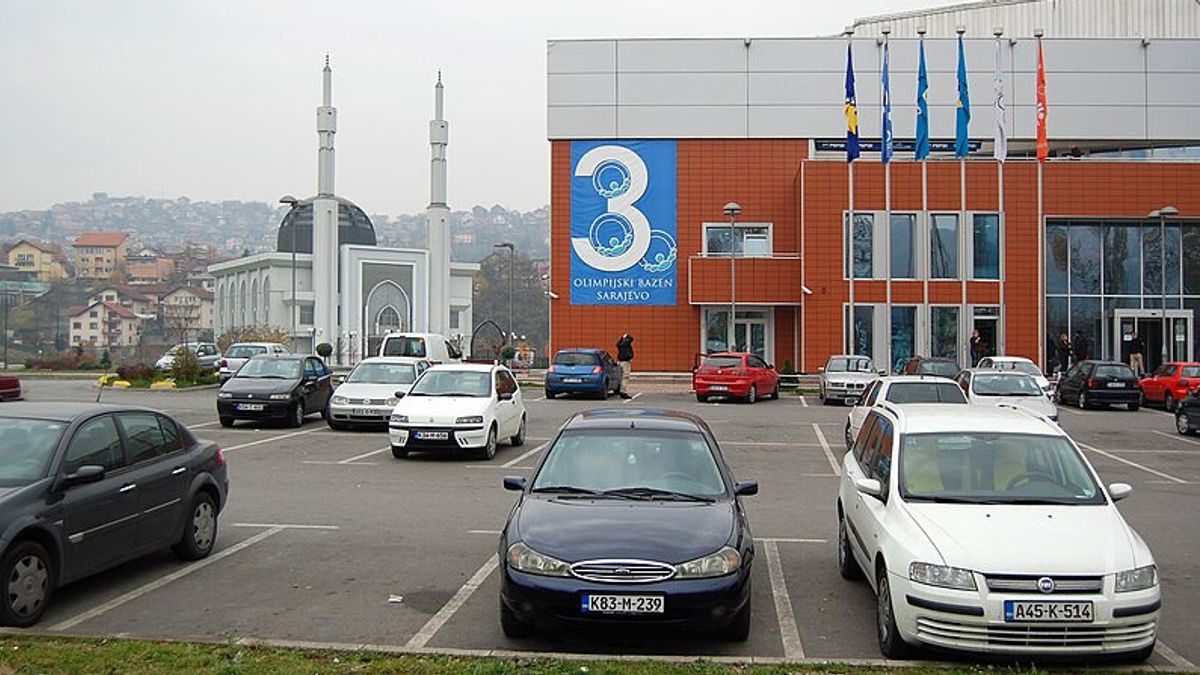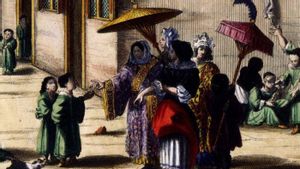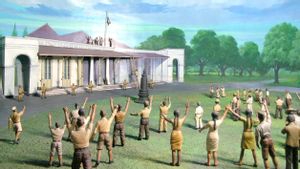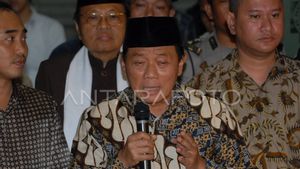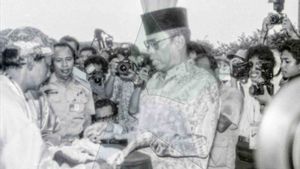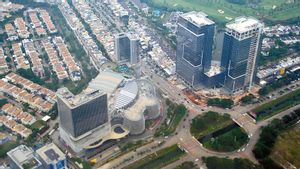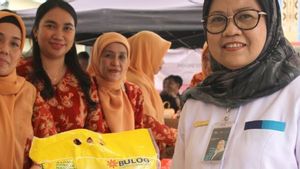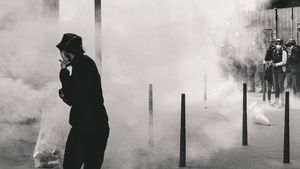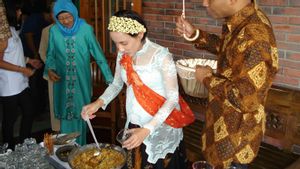JAKARTA Memories of today, 22 years ago, September 22, 2001, the Minister of Religion, Said Agil Husin Al Munawar directly inaugurated the Indonesian Government assistance mosque for the Bosnian people Herzegovina. The Istiqlal Mosque, his name. Istiqlal means independence. The mosque is located in Sarajevo and is expected to become a new icon.
Previously, civil war brought the whole of Bosnia to its lowest level. The civil war took place from 1992-1995. Those who were victims of the months. Even thousands of mosques were devastated by civil war.
The proclamation of independence does not necessarily solve the problem. The independence pledge is usually just the beginning of new, bigger problems. That's what happened in Bosnia, Herzegovina. The Bosnian people proudly proclaimed their independence in 1992, having previously been under the power of the Federal Socialist Republic of status.
The proclamation was greeted with great fanfare. However, problems arise. The diversity of ethnic groups is the reason. The top three ethnic groups in Bosnia from Bosniak (the Bosnian ethnicity of Islam), Serb (the Serbian ethnicity), and Kroat (the Croatian ethnicity) chose their own path.
Every day, Every ethnic group often fights for the interests of their own ethnic groups, until the Serb ethnic groups refuse to unite. Serpska troops assisted by Serbian troops plan to attack cities that are considered inhabited by other tribes.
The attack marked civil war began. Cities such as Zvornik to Visegrad were immediately controlled by the Serb ethnic group. The attack had to be paid dearly for the loss of many lives. Hundreds of thousands of people died. Even millions of others lost their homes.
This condition was also exacerbated by the destruction of many mosques during the war. Instead of the tragedy only felt by the country around Bosnia, in fact, civil war also brought grief to the whole world.
Bosnian War Herzegovina erupted after the country proclaimed its independence in 1992, following a referendum boycotted by the Serbian ethnic group. The ethnic Serbian army led by President Srpska at the time, Radovan Karadzic, with the support of Serbian President Slobodan Milosevic, moved to carry out the massacre. Cities were destroyed. Sarajevo is locked up. More than 100 thousand people died and 2 million others displaced.
The war has long ended. Many buildings and public facilities have been restored. Life is running normally. Sarajevska Zicara, the pride cable car of Bosnians-Herzegovina residents in the middle of Sarajevo City which was built in 1959, has also been operating again. But the economy that was hit hard by the war and the disbandment ofide has not improved, "explained Philipus Parera in his report in Tempo Magazine entitledBosnia Herzegovina, After 24 years (2019).
The civil war that occurred in Bosnia made the whole world of concern. Indonesia, for example. The New Order government expresses its condolences that many brothers and sisters who died could get war. Moreover, many of the Muslim house of worship were destroyed.
The New Order also offered assistance to build a mosque in Sarajevo when the war ended in 1995. The mosque is called the Istiqlal Mosque (merdeka), similar to the name of the mosque in Jakarta. The construction is also underway. However, the 1998 economic recession disrupted the construction.
The construction of the Istiqlal Mosque in Sarajevo was completely completed during the era of Megawati Soekarnoputri's government. Also, the Minister of Religion, Said Agil Husin Al Munawar, inaugurated and handed over the Istiqlal Mosque auction to the Bosnian people on September 22, 2001. The Bosnian people also welcomed him with great fanfare.
SEE ALSO:
September 22, 2001 was a historic day for the Bosnian-Herzogovina people, when the Indonesian government represented by the Minister of Religion, Said Agil Husin Al Munawar on behalf of President Megawati Soekarnoputri handed over a mosque to help the government and the people of Indonesia. How not, when the 1992-1995 war broke out there, hundreds of mosques were destroyed, even according to Mustafa Ceric Rais, Bosnian clerics reached 1000 mosques.
The ability of the Indonesian community and government to build a mosque that has been initiated since 1995 has only been completed through four terms of government. Since the Suharto, Habibie, Abdurrahman Wahid (Gus Dur), to Megawati, "wrote in the Ikhlas Magazine report entitled The Pride Mosque: Indonesia's Istiqlal Mosque in Bosnia Herzegovina (2001).
The English, Chinese, Japanese, Arabic, and French versions are automatically generated by the AI. So there may still be inaccuracies in translating, please always see Indonesian as our main language. (system supported by DigitalSiber.id)
